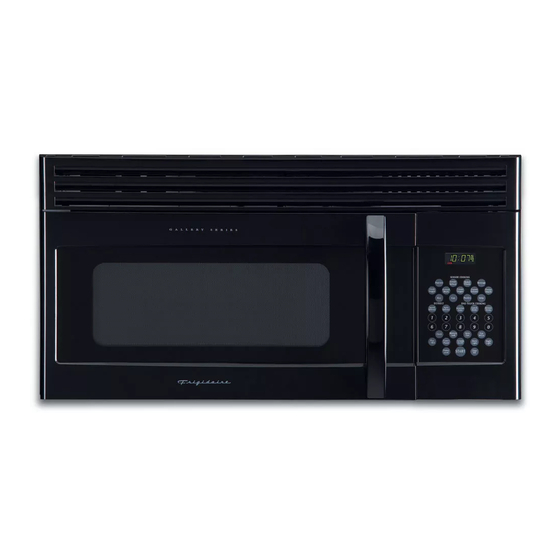Electrolux # Manuale d'uso e manutenzione - Pagina 9
Sfoglia online o scarica il pdf Manuale d'uso e manutenzione per Frigorifero Electrolux #. Electrolux # 24. Over the range microwave oven
Anche per Electrolux #: Manuale di istruzioni per l'installazione (8 pagine), Manuale d'uso e manutenzione (20 pagine), Manuale d'uso e manutenzione (36 pagine), Manuale d'uso e manutenzione (38 pagine), Ricettario (17 pagine), Libretto di istruzioni (12 pagine), Manuale d'uso e manutenzione (20 pagine), Libro di istruzioni (16 pagine), Libro di istruzioni (12 pagine), Manuale di Inserimento (16 pagine), Manuale d'uso (11 pagine), Manuale d'uso e manutenzione (26 pagine), Manuale d'uso e manutenzione (38 pagine), Manuale d'uso (9 pagine), Manuale d'uso e manutenzione (16 pagine), Manuale d'uso e manutenzione (16 pagine), Manuale di istruzioni per l'installazione (21 pagine), Manuale d'uso (16 pagine), Manuale d'uso e manutenzione (16 pagine), Manuale di servizio (49 pagine)

